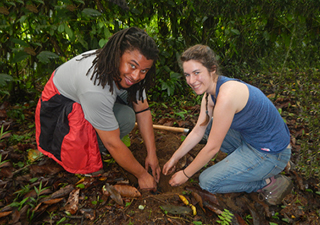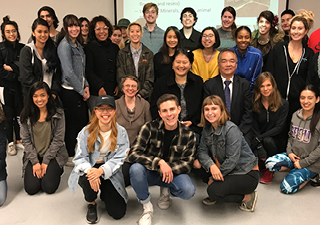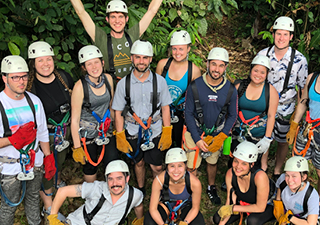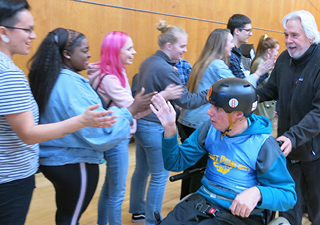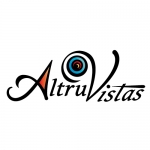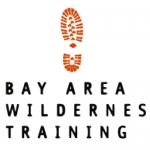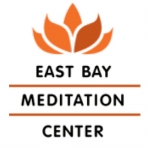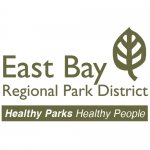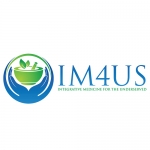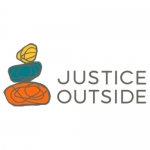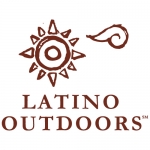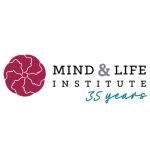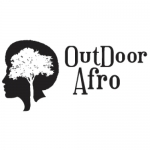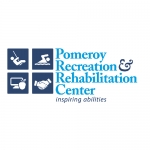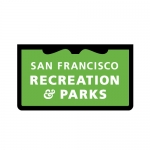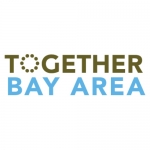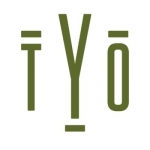Justice, Equity, Diversity and Inclusion (JEDI) are integrated, meaningful, continual and important core values of our departmental community. We advance JEDI values through teaching, research and engagement with our communities. As we shape the next generation of leaders, we prepare our students to courageously address social inequities and to foster greater diversity and inclusion through their daily lives and careers.
We acknowledge the racial disparities and social divides that can shape leisure and health outcomes, including access to holistic and integrative forms of healing mind, body, community and spirit. We continuously explore and reevaluate existing learning and teaching experiences to improve everyone's access to enjoy the community and health benefits of being in nature, participating in outdoor activities and travel.
Put into Practice
In the RPT 470 Travel with Purpose which is a service-learning class designed to foster civic and moral responsibility, promote social and environmental justice, and enhance cultural understanding. The curriculum includes a 10-day trip outside the “Bay Area bubble” to explore the effects of oppression imposed on marginalized indigenous and racially and ethnically diverse communities by the dominant culture.
We recognize that systemic forms of oppression, such as racism and sexism, can negatively impact access to recreational activities, tourism, travel and health. We actively work to provide access to all individuals and strive to increase representation of historically underrepresented groups in recreation, tourism, and holistic health. By partnering with global organizations, we provide access to resources and unique opportunities for faculty, staff and students at all stages of education and career development.
We are committed to cultivating a supportive and inclusive environment welcome to all races, genders, gender identities, ethnicities, indigenous identities, socioeconomic statuses, sexual orientations, ages, disability statuses, citizenship statuses, religious affiliations and more. Through our leadership and decision-making practices, we strive to attract diverse students and faculty who defy stereotypes of our fields. The benefit and welfare of all students is our first priority in creating health-driven, fun and socially just learning communities.
We reflect on our own cultural backgrounds and social privileges and bring our life experiences into the classroom to create a sense of inclusion, belonging and connection so that we can all learn and grow in community. We create environments where a tapestry of identities feel welcomed, supported, valued, and respected to fully participate. We recognize that taking a stand for justice, diversity, equity and inclusion is an ongoing practice with continual room for improvement.
Put into Practice
RPT 410 Therapeutic and Inclusive Recreation is an universal access, design, and inclusion in a diverse range of recreation, parks, and tourism settings. Disabling conditions and implications for leadership, activity adaptation, and programming. Enabling legislation, regulatory agents, and practices relevant to inclusivity and human rights.
Taking Action and Partnering Up
JEDI Resources
- Asian American and Pacific Islander Retention and Education (ASPIRE)
- BE-STEM
- Black Unity Center
- Dream Resource Center
- Educational Opportunities and Pathways (EOP)
- Equity & Community Inclusion
- Guardian Scholars Program
- La Raza Student Organization
- Queer & Trans Resource Center
- SACNAS
- Veterans Services
- WISE - Woman in Science & Engineering
- Women’s Center
- Montero, A., Roberts, N. S., Wilson, J., & Fonfa, L. (2018). Every kid in the woods: The outdoor experience of diverse youth. Journal of Interpretation Research 23(1).
- Roberts, N. S. (2009). Crossing the color line with a different perspective on whiteness and (anti) racism: A response to Mary McDonald. Journal of Leisure Research, 41(4), 495-509.
- Roberts, N. S., & Chitewere, T. (2011). Speaking of justice: Exploring ethnic minority perspectives of the Golden Gate National Recreation Area. Environmental Practice, 13(4), 354-369.
- Rose, J. & Wilson, J. (2019). Assembling homelessness: A posthumanist political ecology approach to urban nature, wildlife, and actor-networks. Leisure Sciences, 41(5) 402-422.
- Warren, K., Roberts, N. S., Breunig, M., & Alvarez, M. A. T. G. (2014). Social justice in outdoor experiential education: A state of knowledge review. Journal of Experiential Education, 37(1), 89-103.
- Wilson, J. & Rose, J. (2019). A predator in the park: Mixed methods analysis of user preference for coyotes in urban parks. Leisure Studies, 38(3) 435-451.
- Yoshino, A, et al. (2018). Healthy Parks Healthy People as an Upstream Stress Reduction Strategy. Recreation, parks, and tourism in public health, (2) 35-56.
- Yoshino, A, & Dawson, E. (2019). Adventure Crew: Measuring Outcomes and Impacts of the East Bay Regional Park District’s Outdoor Program for Underrepresented Youth. 2017-2018.
- Yoshino, A., Wilson, J., Velazquez, E. J., Johnson, E., & Márquez-Magaña, L. (2018). Healthy Parks Healthy People as an upstream stress reduction strategy. Journal of Recreation, Parks, & Tourism in Public Health, 2, 35-56.
Quick Links
